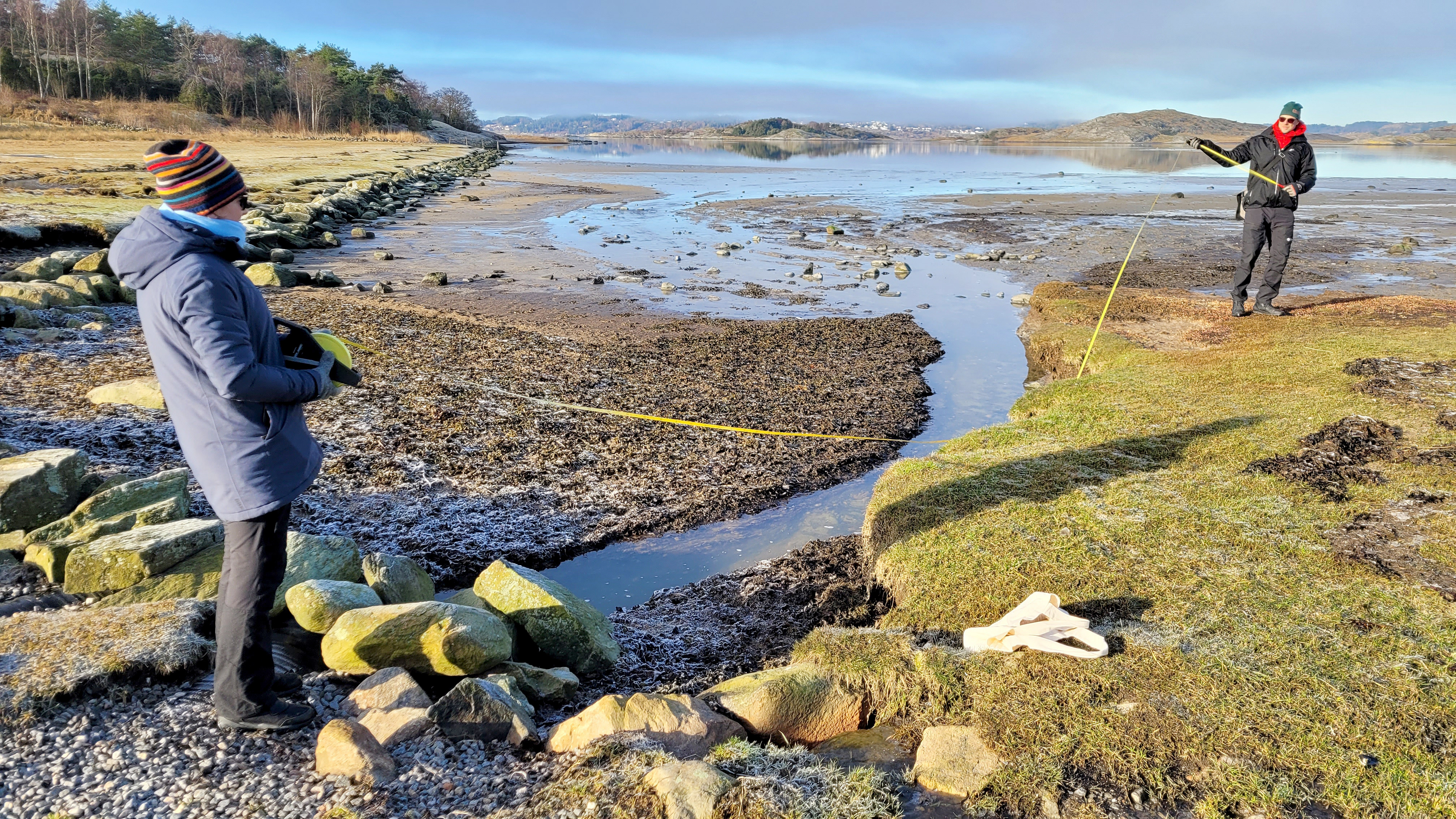The effects of a changing climate, including more severe storm surges and sea level rise, are becoming more pronounced along many coastlines in the North Sea Region, leading to increased vulnerability to flooding, coastal erosion and biodiversity loss. The MANABAS Coast project addresses how these effects can be managed using nature-based solutions , and promotes their more widespread use.
Nature-based solutions, NbS, employ methods that create resilience to changes that may arise due to the changing climate of the future. At the same time, nature-based solutions provide added value for the natural ecosystem and society.
The project works with several “enablers” of mainstreaming in 15 pilot sites around the North Sea, representing both sandy and muddy coastal types. Enablers for the wider use of NbS including uptake of technology and systems knowledge, cooperation with local stakeholders, monitoring and maintenance, and funding opportunities. The goal is to embed the use of NbS in institutional practices and build capacity for coastal stakeholders through exchange of experience and knowledge among partners. This learning-by-doing approach provides us with a wealth of information which is used to develop an accessible and evidence-based framework for widescale implementation of NbS in coastal areas.
Together with landowners, the County Administrative Board in Västra Götalands and Lunds University The Swedish Geotechnical Institute are building nature-based protection for coastal meadows threatened by erosion in Bohuslän, The geotechnical institute of Sweden are also setting up photo stations as part of CoastSnap, which is a global citizen science project to capture our changing coastlines over time, using pictures taken by the local community, in three pilot sites on the west coast of Sweden.
The MANABAS Coast is led by the Ministry of Infrastructure and Water Management – Rijkswaterstaat in the Netherlands. It brings together partners from Sweden, Denmark, Germany, the Netherlands, Belgium, and France who are facing the task of integrating flood and coastal erosion risk management with biodiversity goals to deliver a sustainable future. The Swedish Geotechnical Institute (SGI) is part of the Work Package leadership team and cooperates in pilot cases together with the County Administrative Boards of Skåne and Västra Götaland.


